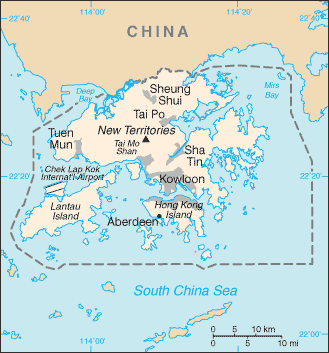On the heels of a US Centers for Disease Control and Prevention (CDC) report of a case of yellow fever vaccine–associated viscerotropic disease (YEL-AVD) in a Oregon woman, the Hong Kong Drug Office of the Department of Health (DH) has reported the first ever case in the city.

The patient, a 65-year-old man, who had good past health presented with fever and delirium to the emergency room nine days after receiving a yellow fever vaccine in preparation for a trip to South America in February.
Yellow fever vaccine–associated viscerotropic disease (YEL-AVD) occurs on very rare occasions after the first immunization with the yellow fever vaccine. Onset is within 10 days of vaccination and the pathological process is characterised by severe multi-organ failure and an overall case–fatality rate in excess of 60%. Known risk factors include a history of thymus disease such as thymoma or thymectomy and aged 60 years and older.
According to health officials, the patient received a dose of yellow fever vaccine in preparation for a leisure trip to endemic regions in Peru and Brazil, after considering the risks and benefits.
He developed fever and malaise five days after vaccination and a short trip to Mainland China. His condition got worse in the next four days with high fever (up to 40C) and delirium.
On admission to the hospital, investigations showed deranged liver function. Imaging studies of the brain showed no abnormality. Other communicable diseases such as dengue fever, rickettsia, malaria and typhoid were excluded. His cerebrospinal fluid and blood specimens were later tested positive for yellow fever virus (vaccine strain) by nucleic acid testing.
He was given supportive treatment for two weeks and discharged from hospital without long term sequelae. He continued his trip as planned to South America two months later. No similar case of yellow fever vaccine-associated adverse event was reported to date.


One thought on “Hong Kong reports 1st ever rare yellow fever vaccine reaction”